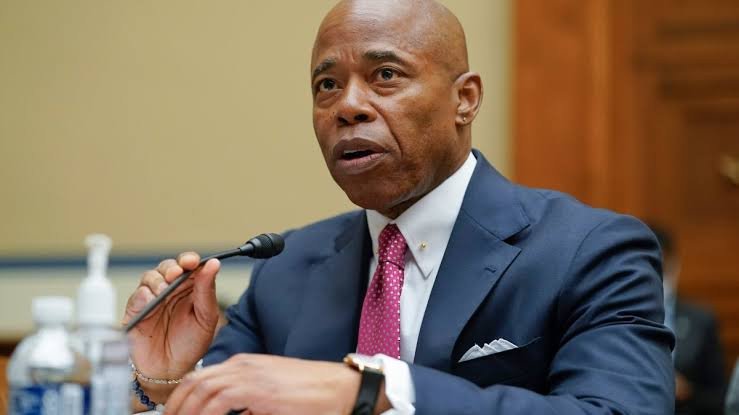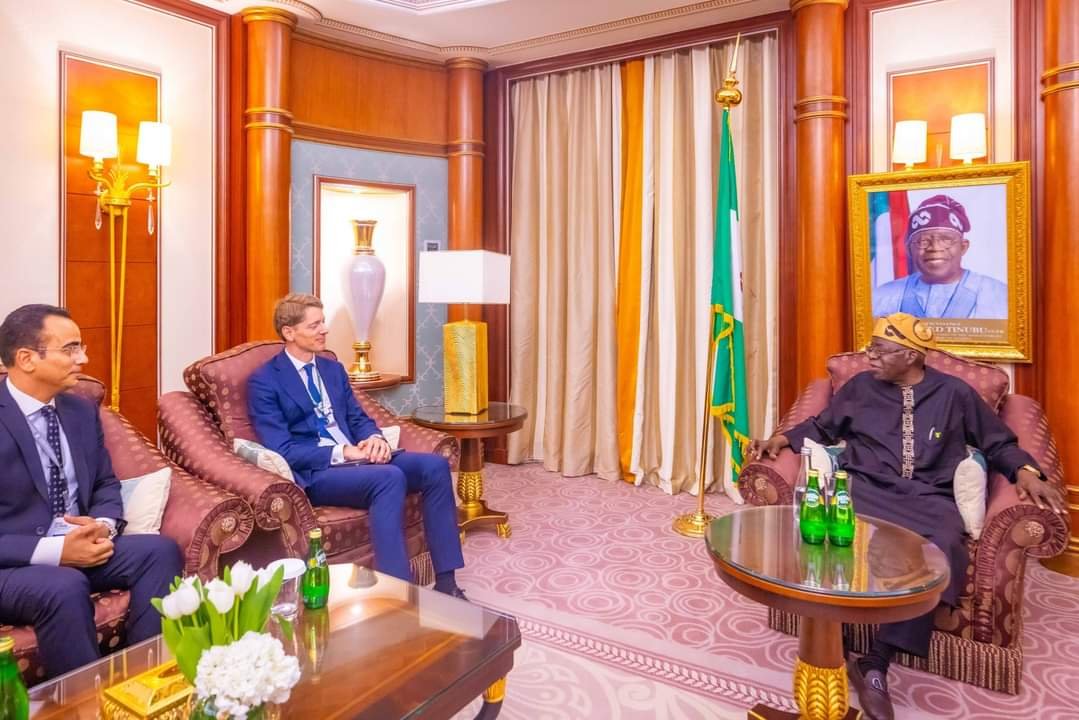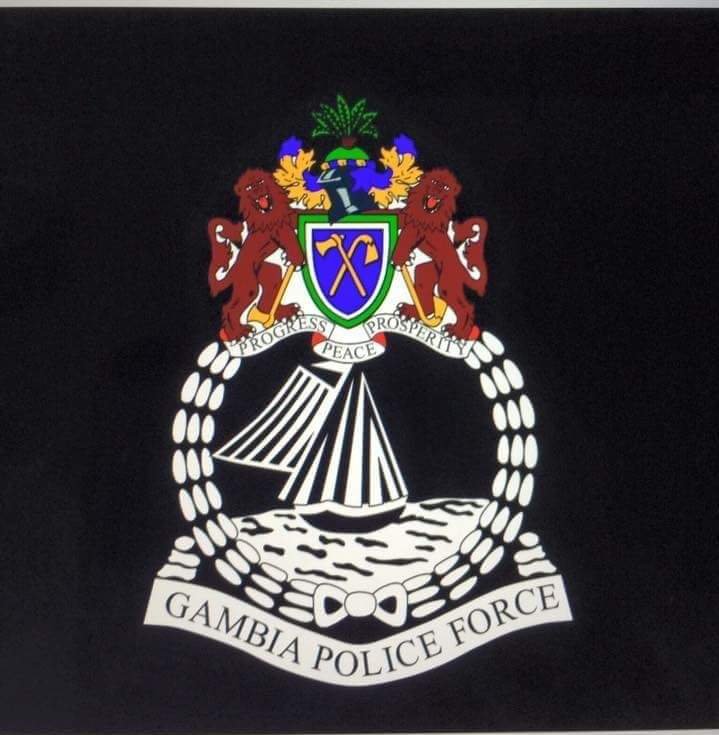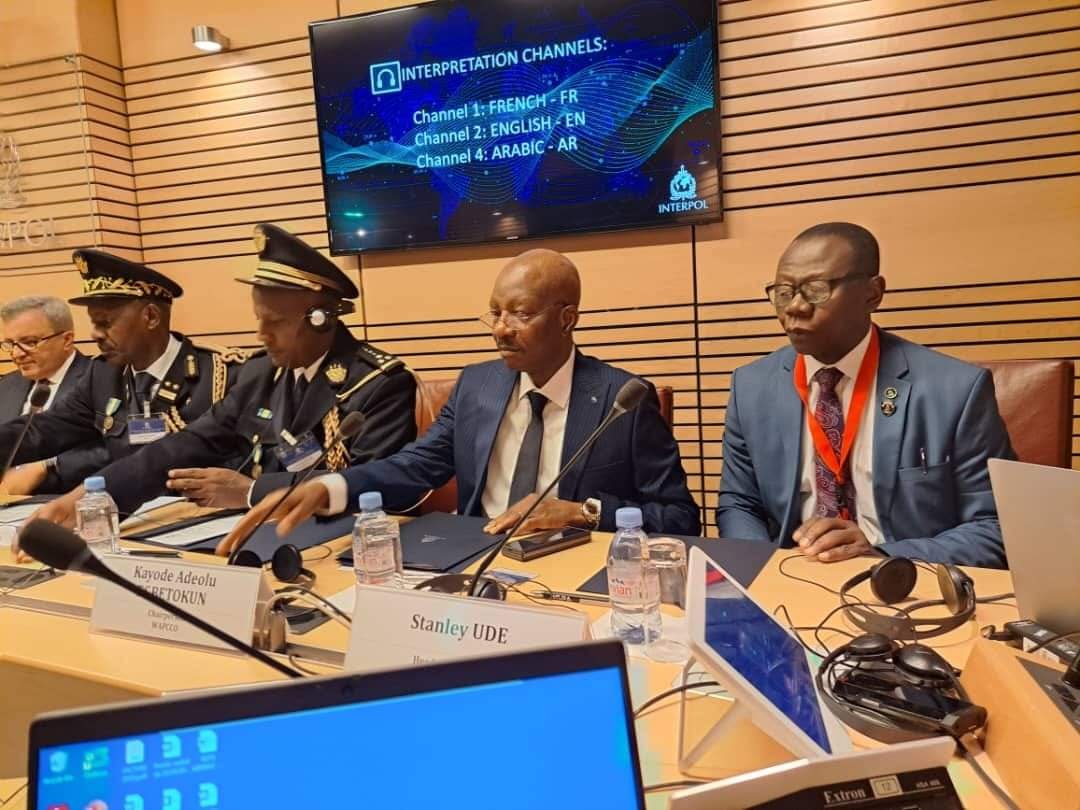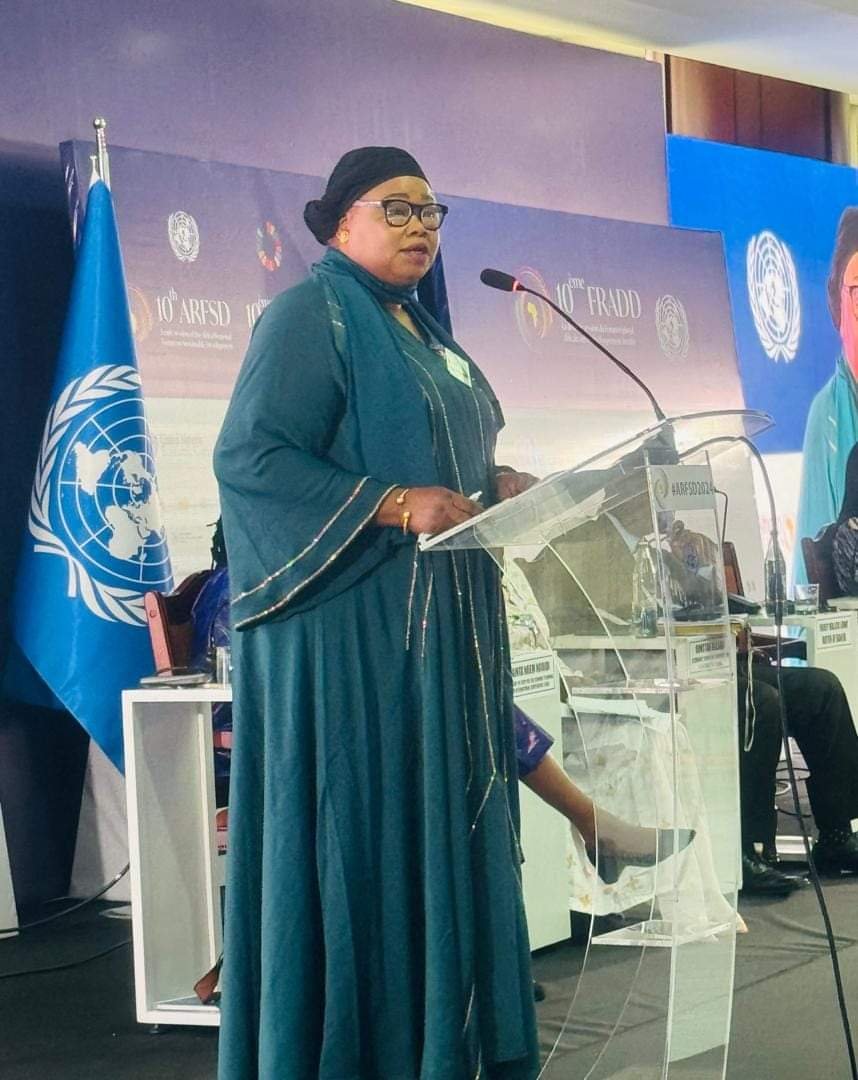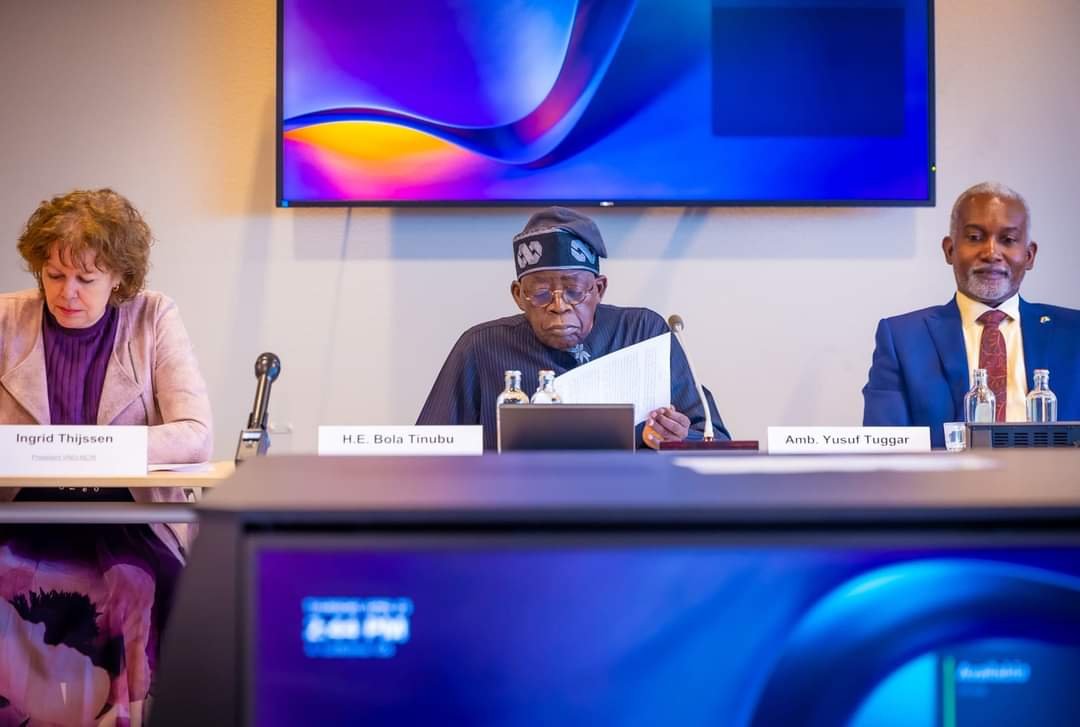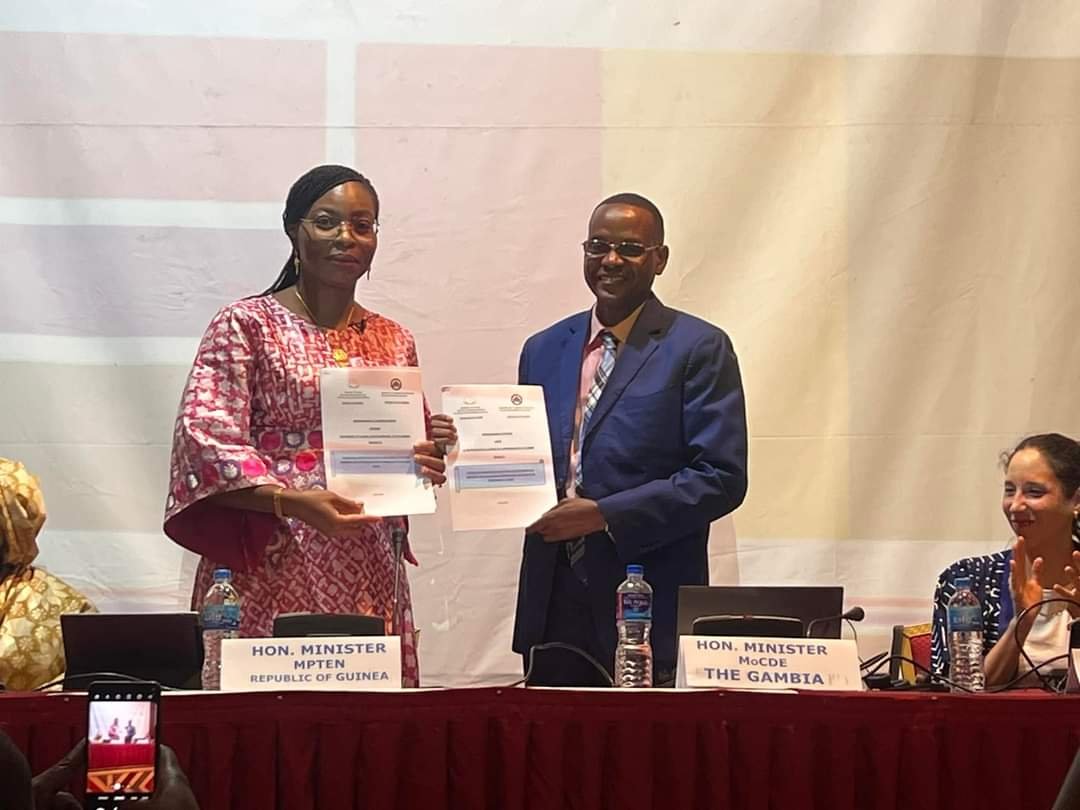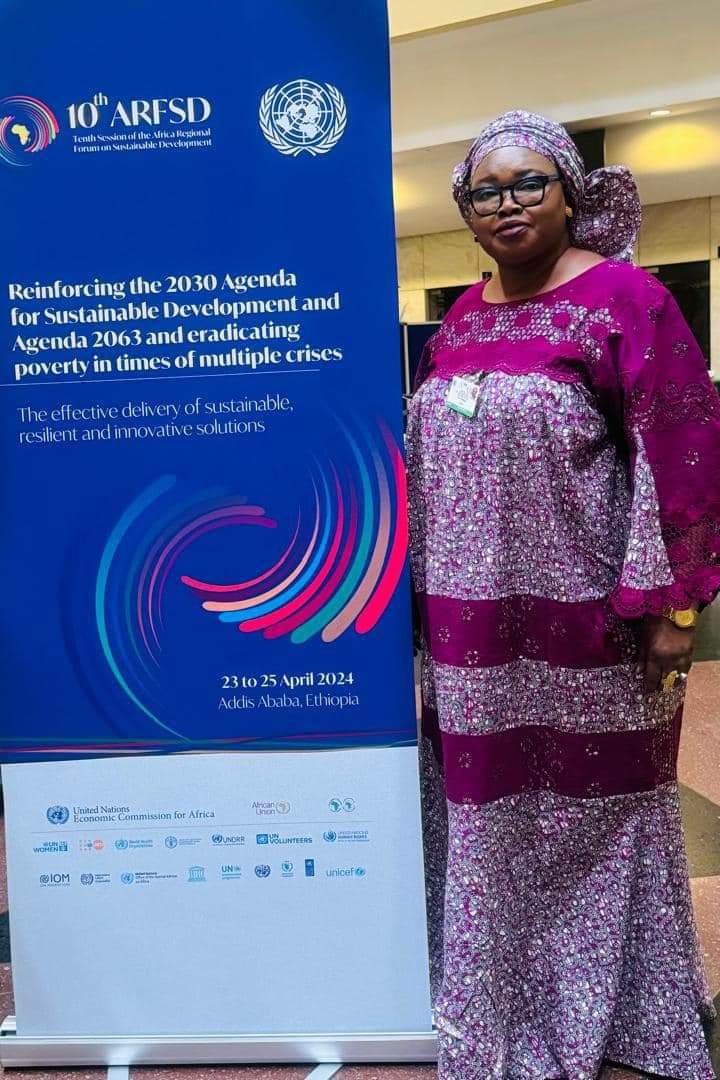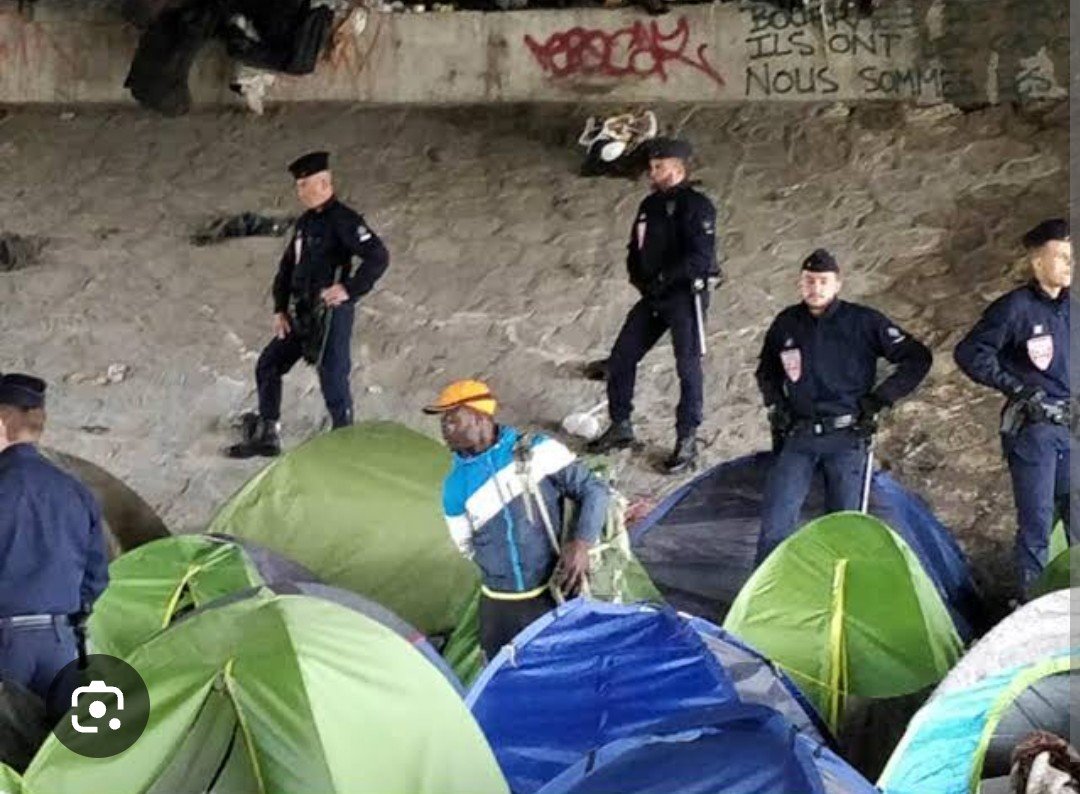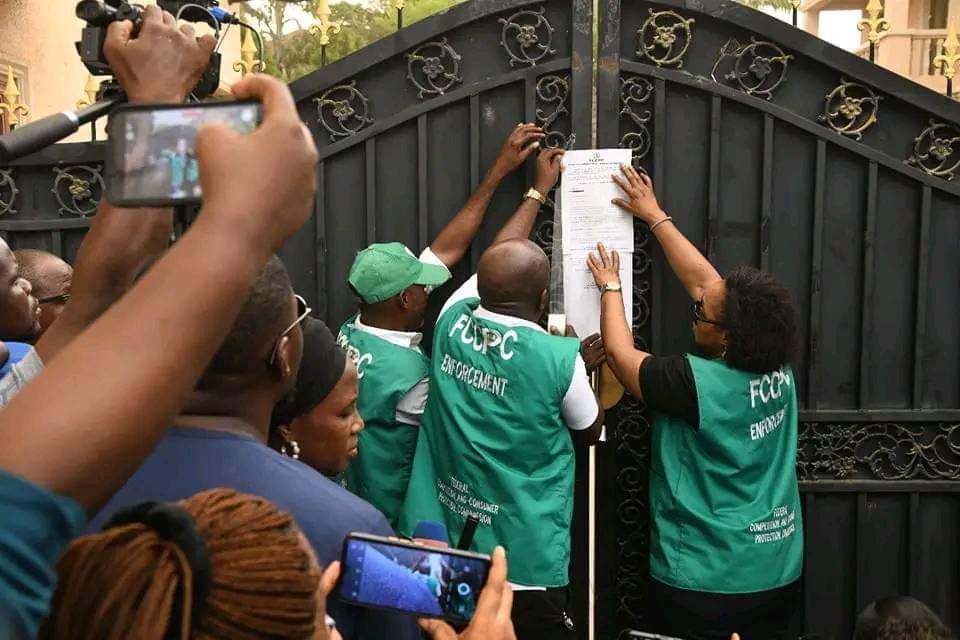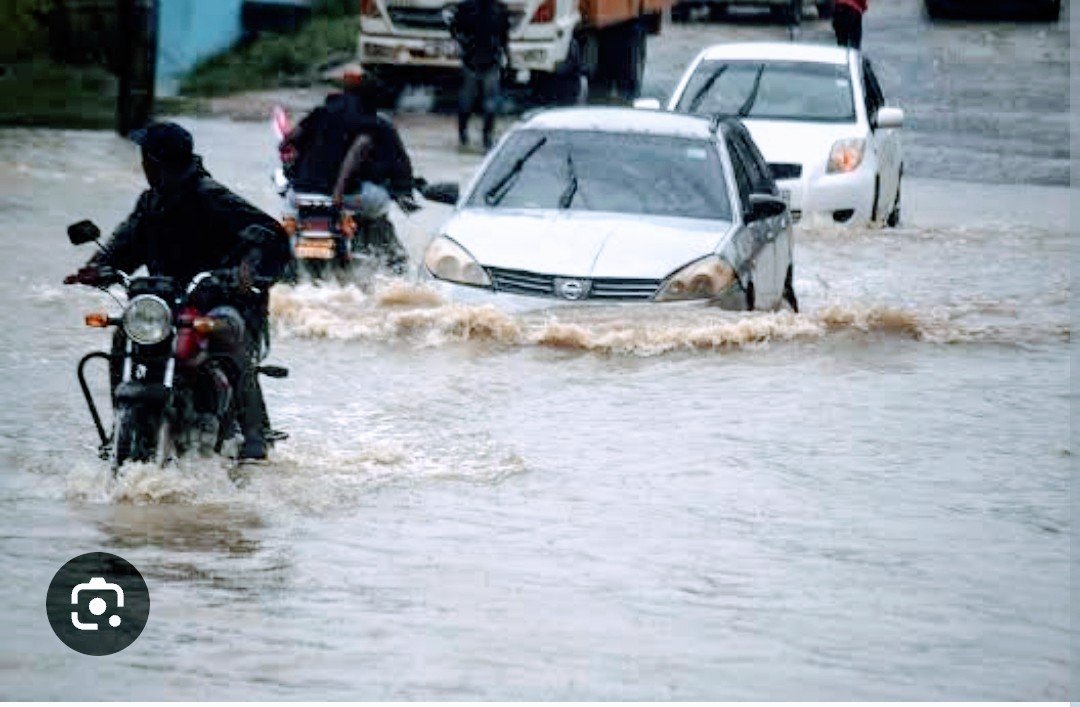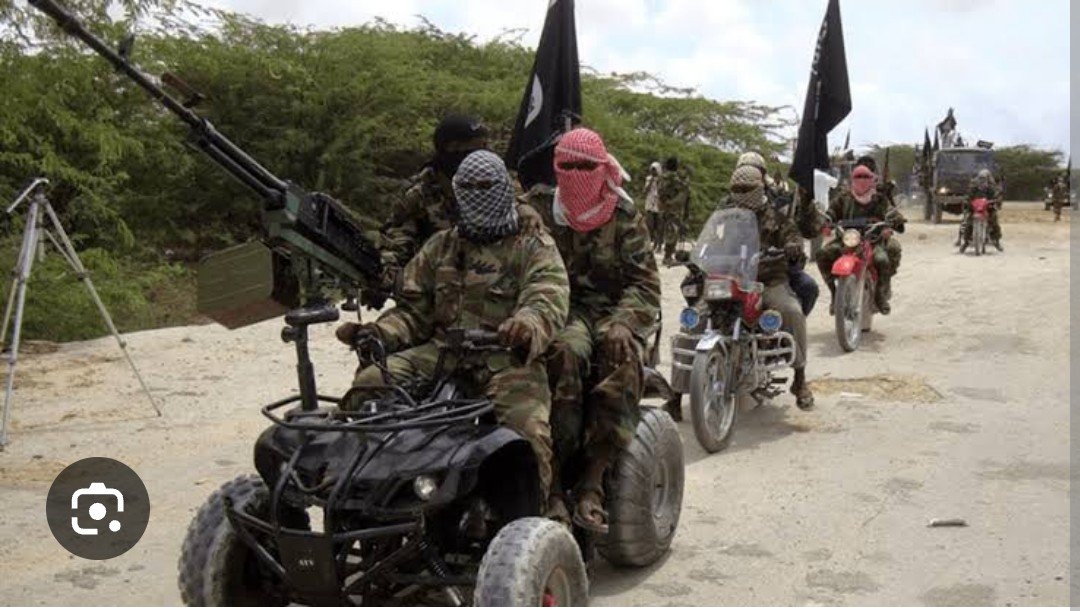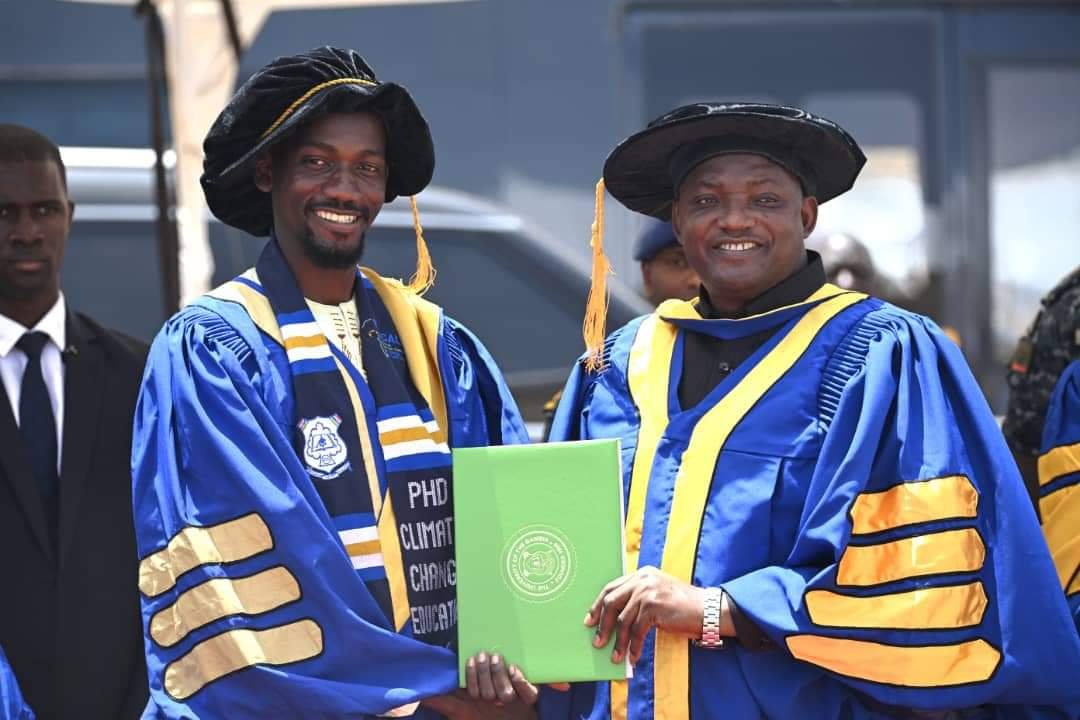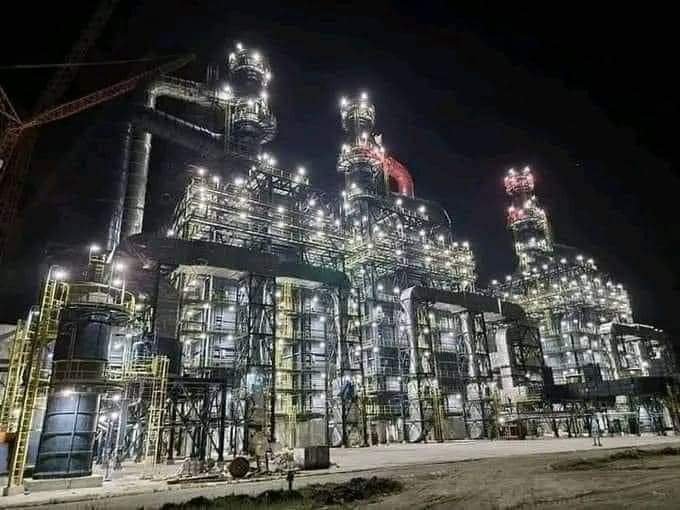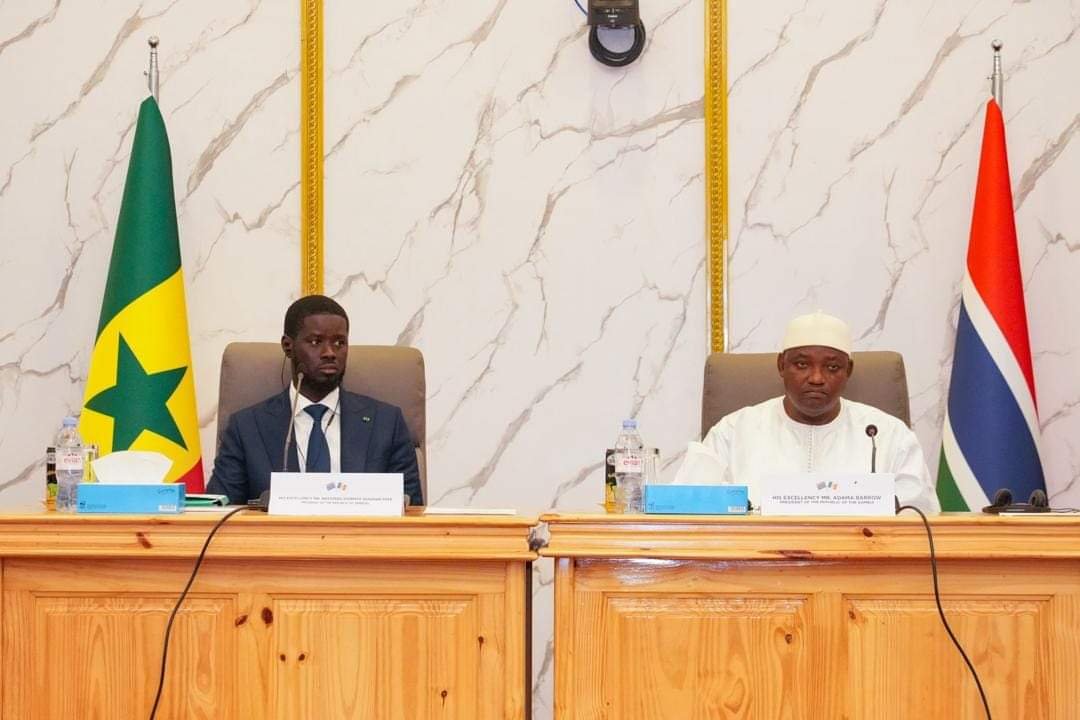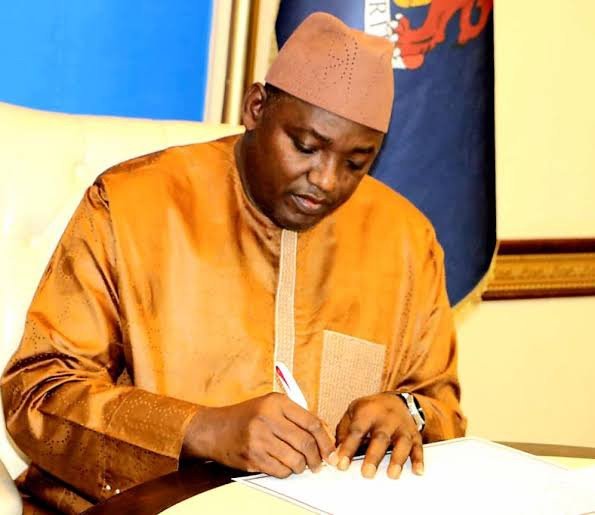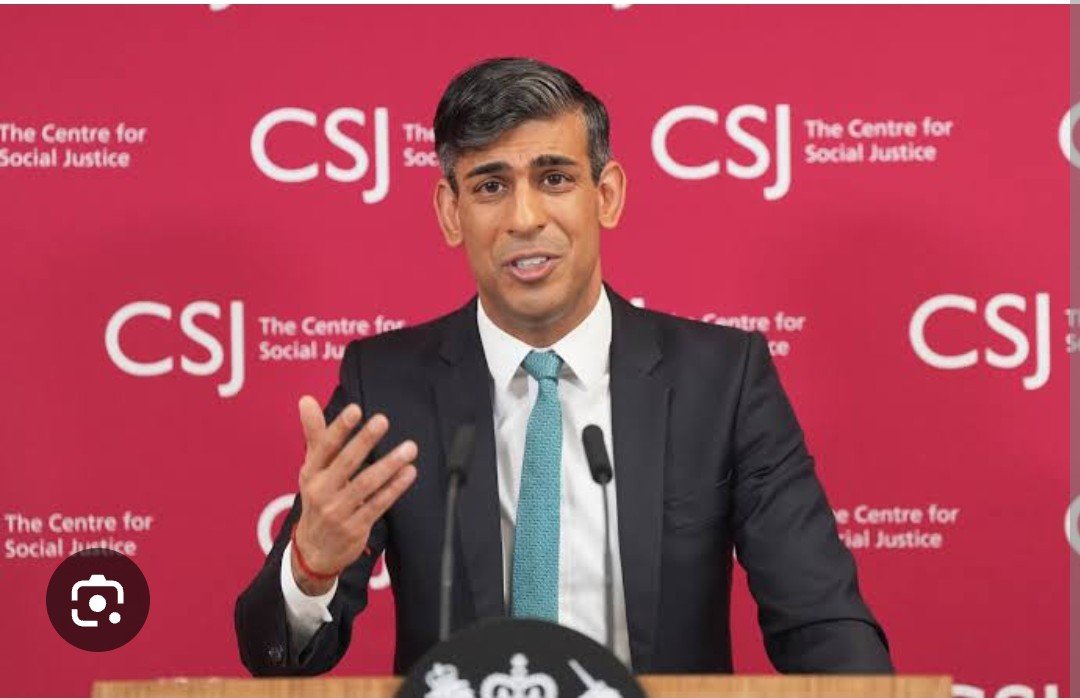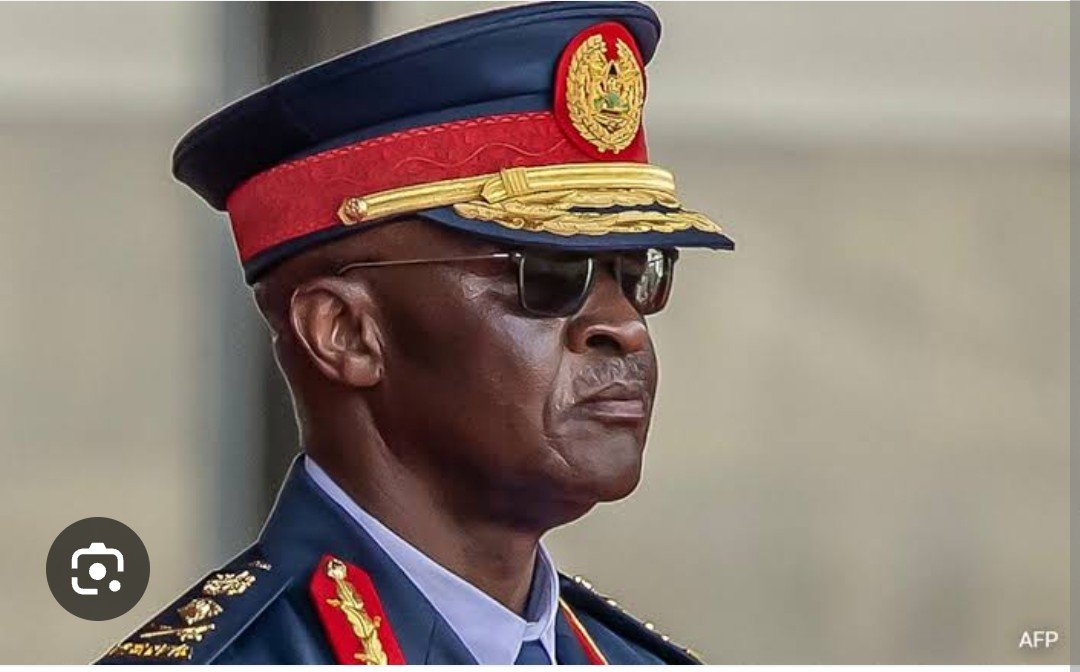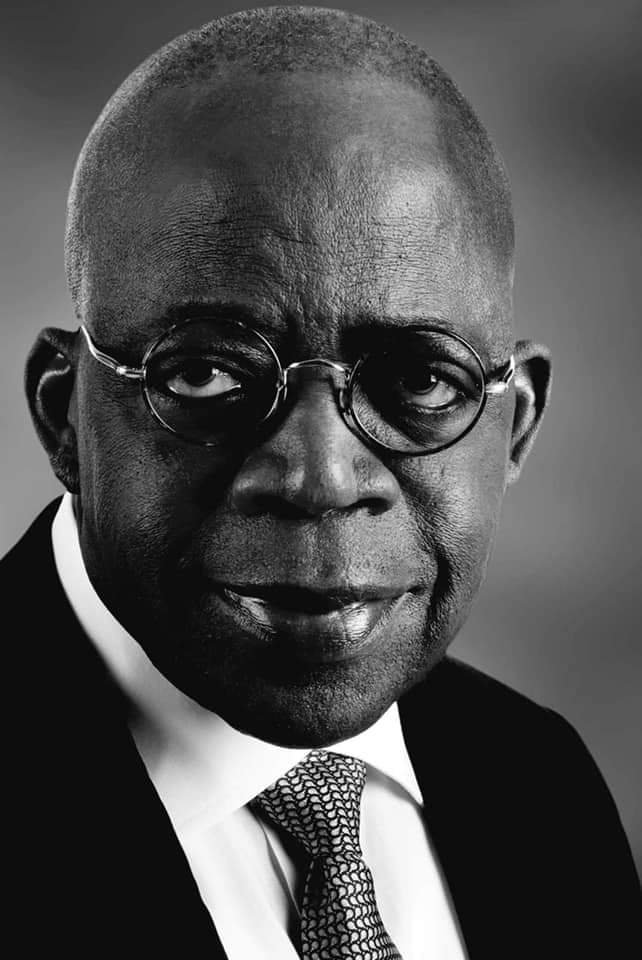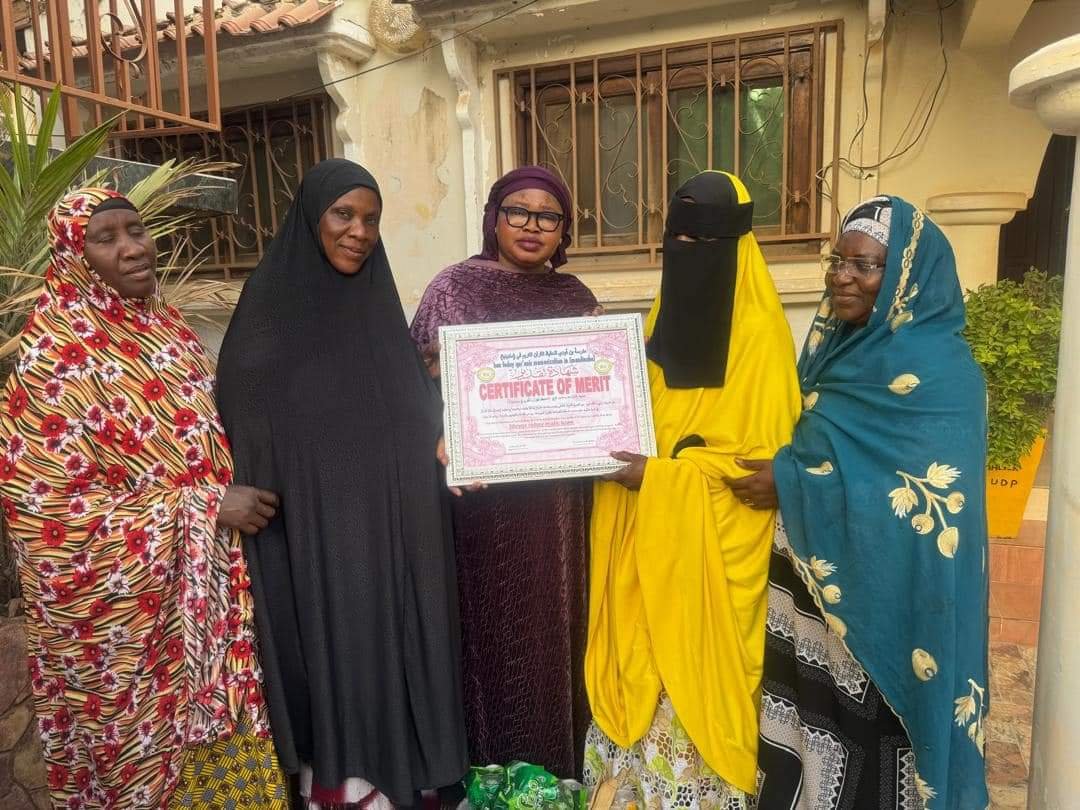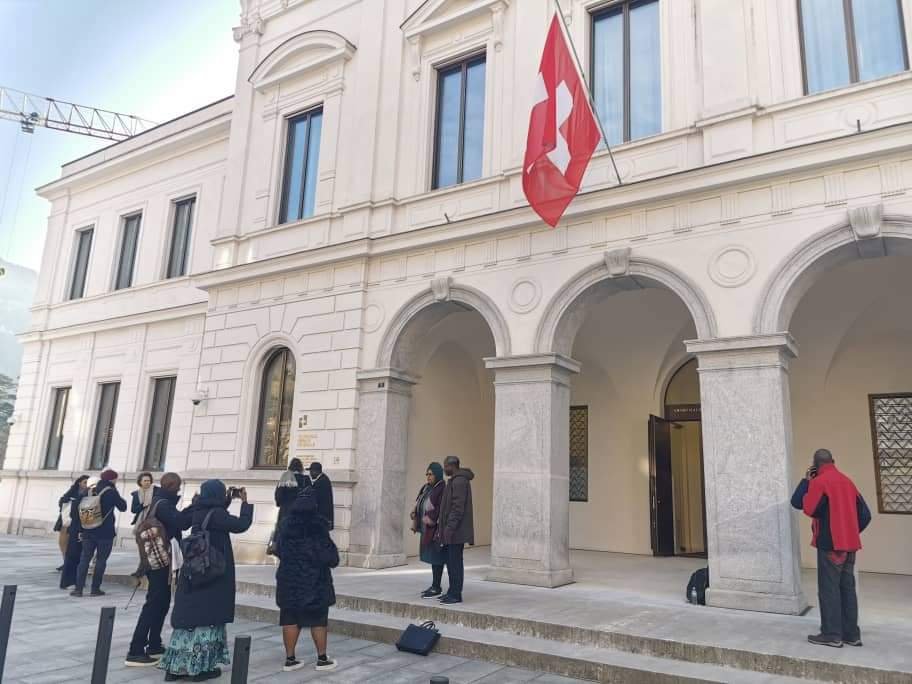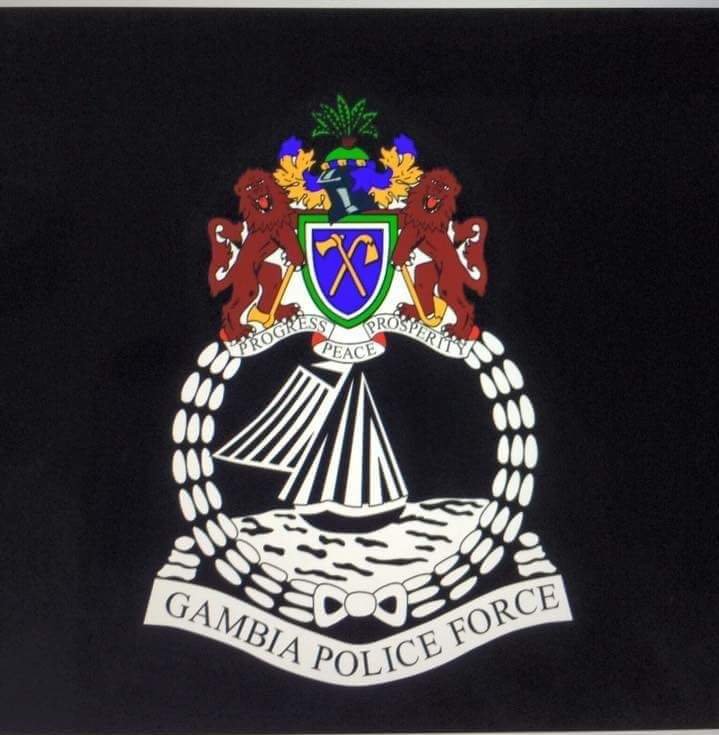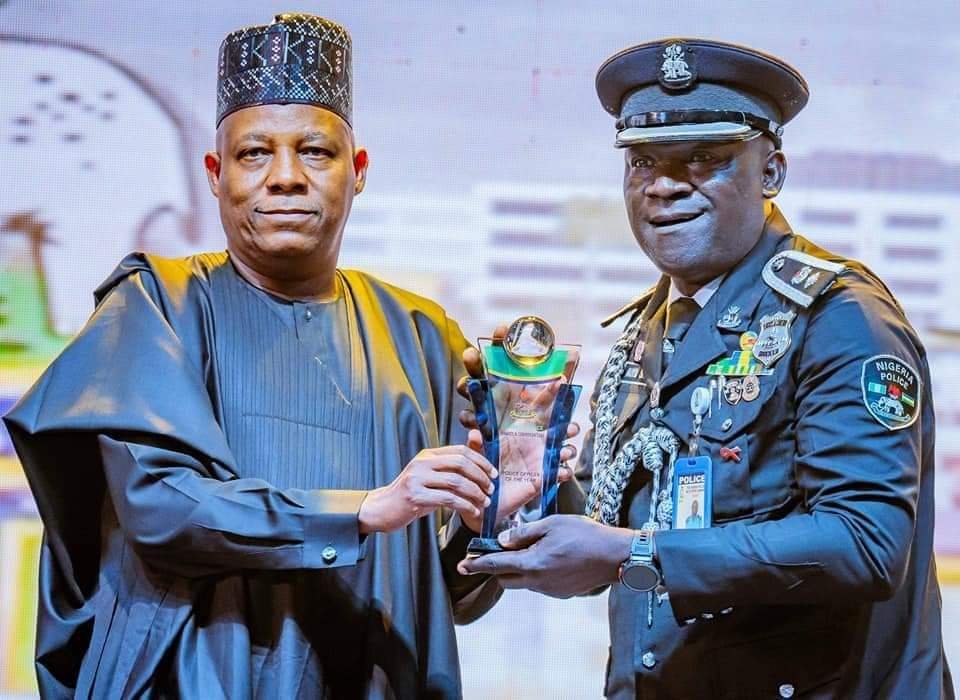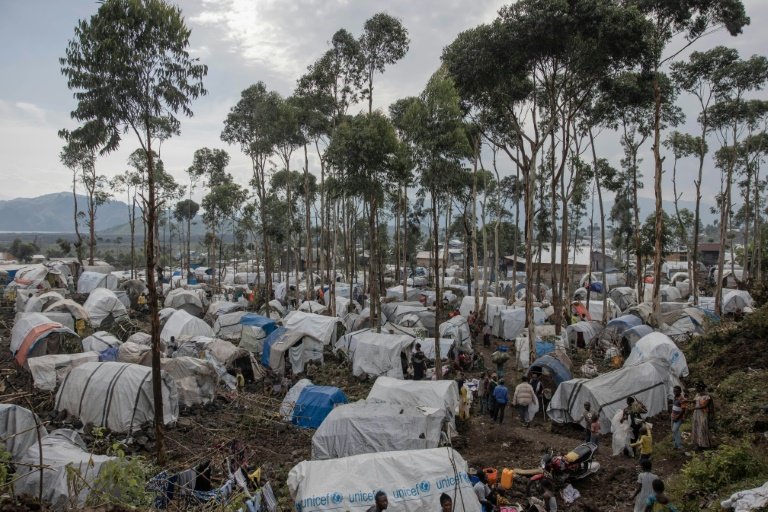Night-time drone attack damages civilian aircraft at Goma Airport, DR Congo accuses Rwanda of aggression
The Democratic Republic of Congo’s army has accused Rwanda of orchestrating a night-time drone attack targeting civilian aircraft at Goma’s strategic airport. The incident occurred amid escalating clashes between M23 rebels, allegedly supported by Kigali, and Congolese government forces around the town of Sake, just 20 kilometers from Goma.
Lieutenant-Colonel Guillaume Ndjike, the army spokesman for North Kivu province, confirmed that the drones specifically “targeted aircraft of DRC Armed Forces,” with civilian aircraft sustaining damage. While army aircraft escaped unharmed, the Rwandan government has yet to respond to the accusations.
Security and government sources, initially reporting the bombing, remain uncertain about the origin and extent of the damage caused by the attack. An on-site investigation is underway to determine the source of the “two bombs” that struck the Goma facility, according to a security source.
Despite the explosions, airport sources reported that national and international air traffic continued normally, with various flights taking off and landing throughout the morning. However, the city of Goma is experiencing an influx of tens of thousands of displaced civilians fleeing the recent violence.
The UN Security Council expressed deep concern over the “escalating violence” in eastern Congo, condemning the offensive by M23 rebels. Reports suggest dozens of casualties among soldiers and civilians in the past 10 days. Goma, situated between Lake Kivu and the Rwandan border, has become a focal point as civilians seek refuge, while the DRC, the UN, and Western nations accuse Rwanda of supporting rebels to control valuable mineral resources – an allegation Rwanda vehemently denies.
Recent revelations from a confidential UN document indicate the use of sophisticated weaponry by the Rwandan army in support of M23, including surface-to-air missiles. This comes after a suspected Rwandan Defence Force missile targeted a UN observation drone last Wednesday.
Despite the longstanding presence of UN forces in the DRC, accusations persist regarding their failure to protect civilians from armed groups. The UN Security Council’s decision in December to comply with Kinshasa’s demand for a pullout reflects the complex and volatile situation.
Amid diplomatic failures to quell the violence, African leaders convened in Addis Ababa for a summit, with Angolan President Joao Lourenco leading discussions on the DRC situation. President Felix Tshisekedi, sworn in for a second term in January, remains a central figure in addressing the ongoing crisis that threatens the stability of the region.



